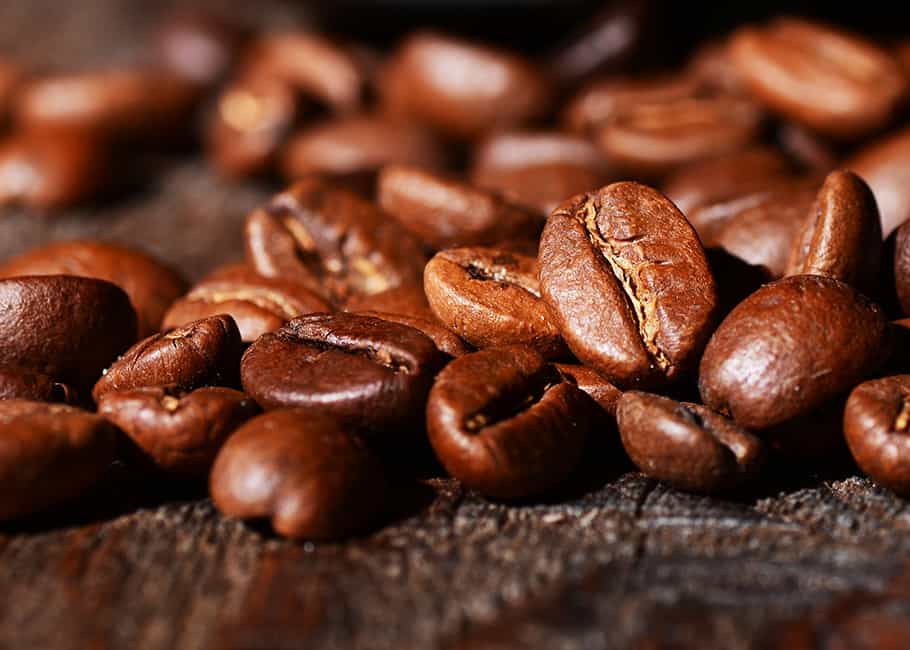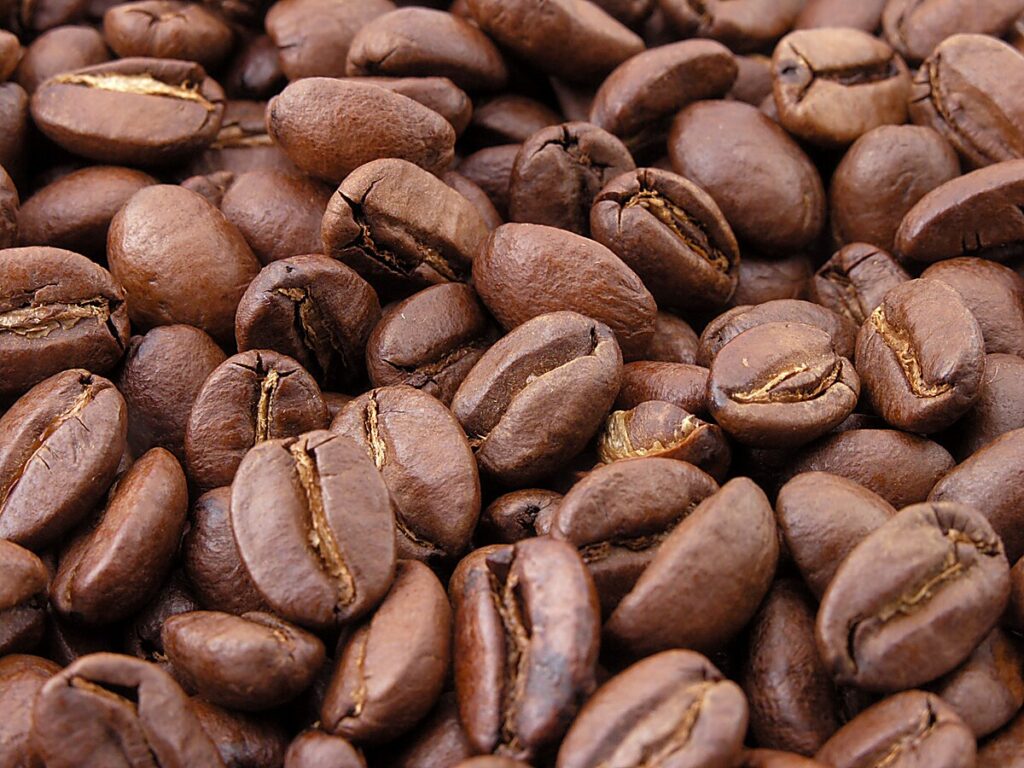Discover the unique flavor profile of Arabica coffee, compare it to other coffee varieties, and provide tips for brewing the perfect cup. This article will educate and inform you about the unparalleled taste of Arabica beans. Additionally, we’ll touch on the history of Arabica coffee and discuss the best brewing methods to enhance its flavor. If you’ve ever wondered what sets Arabica coffee apart or how it compares to Robusta, we’ll answer those questions and more in this comprehensive guide. So grab your favorite mug and get ready to discover the wonderful world of Arabica coffee!
The Distinctive Taste of Arabica Coffee Beans
Arabica coffee beans are renowned for their exceptional flavor, making them a favorite among coffee enthusiasts. The taste of Arabica coffee is often described as smooth, with a subtle and complex flavor profile. When brewed, Arabica coffee offers a delightful combination of fruity, floral, and nutty notes, creating a truly unique and enjoyable drinking experience.
One of the key factors that contribute to the distinctive taste of Arabica coffee is the environment in which it is grown. Arabica beans thrive in high-altitude regions with rich soil and ample rainfall, resulting in a coffee bean that is full of flavor and complexity. Additionally, the careful cultivation and harvesting of Arabica coffee beans further enhance their unique taste, making them a sought-after choice for coffee lovers around the world.
When compared to other coffee varieties, such as Robusta, Arabica coffee stands out for its superior flavor and aroma. While Robusta beans are known for their bold and earthy taste, Arabica beans offer a more refined and nuanced flavor profile. This distinction makes Arabica coffee a popular choice for those who appreciate a more delicate and complex cup of coffee.
What Makes Arabica Coffee Flavor Unique?
The unique flavor of Arabica coffee is a result of its high-altitude cultivation, rich soil, and careful harvesting. These factors contribute to the smooth, complex, and delightful taste that sets Arabica coffee apart from other varieties. The combination of fruity, floral, and nutty notes creates a truly exceptional drinking experience that appeals to coffee enthusiasts worldwide.
What Are The Best Brewing Methods for Arabica Beans?
To truly savor the flavors of Arabica coffee, it’s essential to use the right brewing methods. Whether you prefer a pour-over, French press, or espresso, each method can bring out different nuances in the flavor profile of Arabica beans. Experimenting with different brewing techniques can help you find the perfect way to enjoy the exceptional taste of Arabica coffee.
How Does Arabica Coffee Compare to Robusta?
When comparing Arabica coffee to Robusta, the superior flavor and aroma of Arabica beans become evident. While Robusta beans are known for their bold and earthy taste, Arabica beans offer a more refined and nuanced flavor profile. This distinction makes Arabica coffee a popular choice for those who appreciate a more delicate and complex cup of coffee.
History of Arabica Coffee
Arabica coffee has a rich history that dates back centuries, originating in the high-altitude regions of Ethiopia. It was later cultivated in Yemen and eventually spread to other parts of the world. The unique flavor of Arabica coffee has made it a staple in the global coffee industry, with its popularity continuing to grow.
Cultural Significance and Global Impact
In addition to its exceptional flavor, Arabica coffee holds significant cultural importance in various regions around the world. Understanding its impact on different cultures and its role in shaping the global coffee industry can provide valuable insights into the rich history and significance of Arabica coffee.
In summary, Arabica coffee offers a truly unique and exceptional flavor that is unmatched by other varieties. Its smooth, complex, and delightful taste, combined with its rich history and best brewing methods, make it a favorite among coffee lovers.


